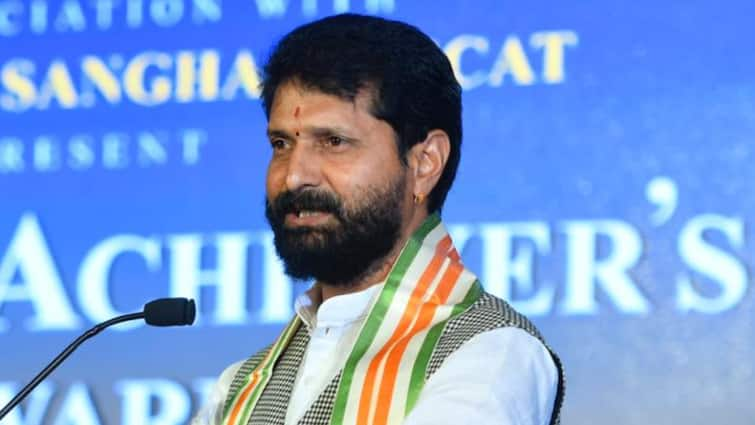The Bharatiya Janata Party (BJP) on Thursday launched a sharp counterattack against Congress leader Udit Raj after his controversial remarks likened India’s current political environment to recent upheavals in Nepal. BJP spokesperson CR Kesavan condemned the comments as “dangerous” and “anti-national,” accusing Raj of attempting to incite unrest.
CR Kesavan Slams Udit Raj’s Comment
“These dangerous remarks from a senior Congress leader are blatantly anti-national and deliberately inciting unrest,” Kesavan said. “The Congress leadership, both past and present, is always the greatest threat to Dr Babasaheb Ambedkar’s Constitution. The Congress party in 1975 murdered our Constitution and massacred our democracy. These remarks mirror the same emergency mindset of the Congress.”
These dangerous remarks from a senior congress leader are blatantly anti-national and deliberately inciting unrest. The Congress leadership both past and present is always the greatest threat to Dr. Babasaheb Ambedkar’s Constitution. The Congress party in 1975 murdered our… pic.twitter.com/PHA5FYV1Mf
— C.R.Kesavan (@crkesavan) September 11, 2025
Raj’s comments came amid a severe political crisis in Nepal, where widespread Gen Z-led protests against a government-imposed social media ban spiraled into mass demonstrations over corruption and governance failures. The protests turned violent, leaving at least 19 people dead, and culminated in the resignations of Prime Minister KP Sharma Oli and President Ramchandra Paudel. Protesters also stormed Parliament and set government buildings on fire, intensifying instability in the region.
What Did Udit Raj Say?
Drawing parallels, Raj alleged that India too faces similar circumstances, though he emphasised that the country’s deep-rooted democratic values—established by the Congress—have prevented violent upheaval.
“People are discussing the way in which the public has uprooted power in Nepal, Sri Lanka, and Bangladesh. Could something like that not happen in India? Some are even expressing that possibility,” Raj said. “In fact, the circumstances are just the same, and in some cases even more so, but our constitution prevents us from doing so. The roots of our democracy are very deep, which were planted by the Congress.”


